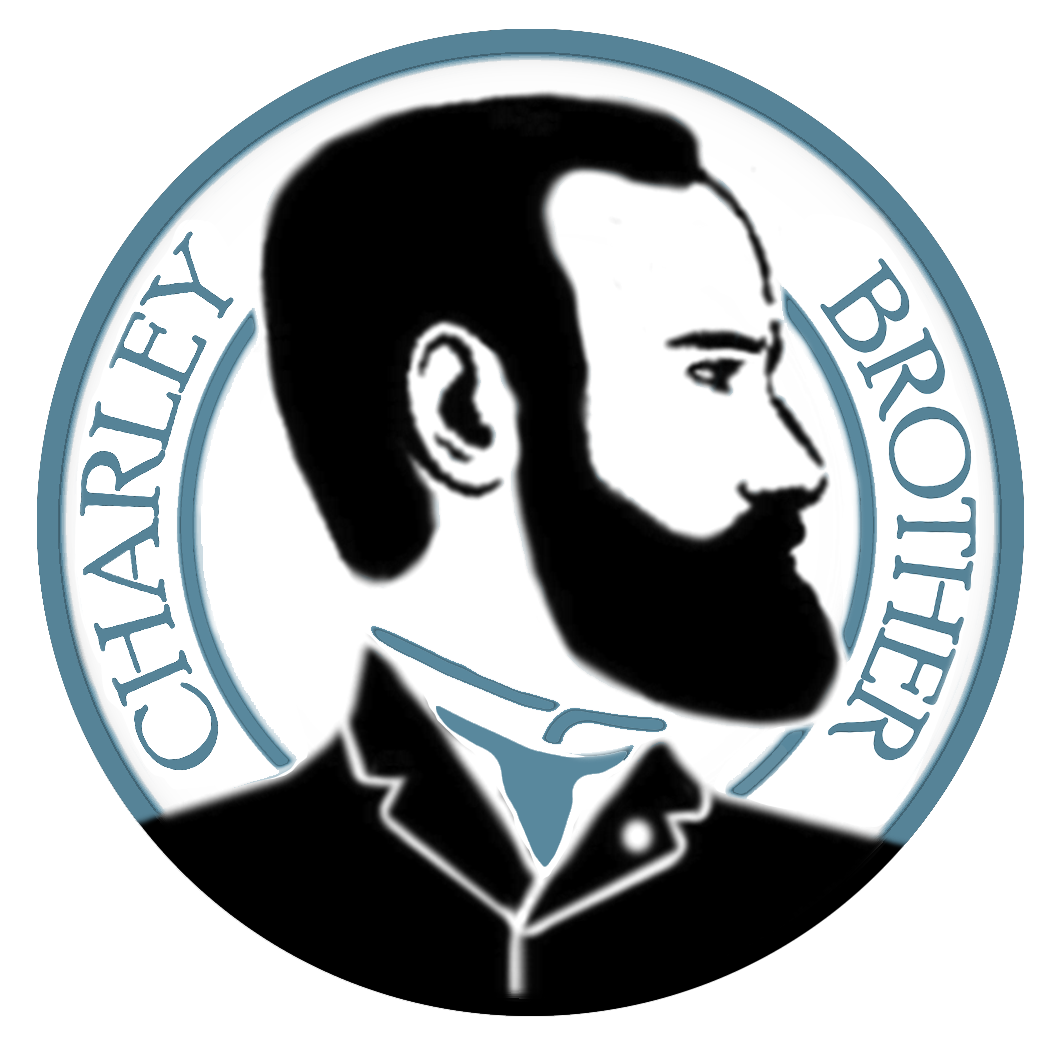By the time Henry Brother, the father of Civil War Marine Charles Brother, was about 12 years old, he was none too pleased that his dad was elected one of three commissioners of common schools in Geneva, New York.
Father and son had made a deal that, should the boy’s school marks be of quality, Henry could take the summer’s off to go with Valentine to his land surveying treks. But what was, technically, the calendar that Valentine was going to suggest, in the end, with his political friends, as the best for the proper education of youth in these modern times?
There was talk of adding more buildings to their Geneva Academy, but this was no interest to Henry, who just wanted to hit the road, even if it was to build the road. As soon as school was let out, he met with the boys by the lake and jumped into the water and watched the shipbuilders shape wood and bolts to make the “Robert Troop”. It was the largest vessel ever launched on their shore, a 50-foot keel and ready to hold 60 tons.
At supper Henry asked his father about this Mr. Troop and how he got a ship named after him. But Valentine wanted to drill Henry about the school master’s report about Henry’s wiggles, in general, lack of focus, and his muddy boots left at the entrance of the chapel, where Mrs. Whiting tripped and cracked a tooth.
From Penn’s Tree via Library of Congress.
Years later, when the Hobart and William Smith College grew out of that little academy, Henry Brother would name his second son after his grandfather and Episcopalian Bishop Hobart, who used the campus to spread his message of virtue and a profound love of Christ. The school wrote to Henry and asked him for a donation. They told him that, from his gift he could have a building named for Valentine or his family. But Henry set his sights on one day building another store or even having a vessel carry his name and, smiling about outrageous dream, turned them down. “I have already committed myself to such an obligation,” he replied, though not being totally clean with them that his promise was to his future children, including one who would become an true admirer of ships–a Marine.
“A fine ship,” Henry repeated at the supper table, getting away from the distraction of his grade and that tattle tale Curtis Whiting, again asking, “Who is Robert Troop?”

